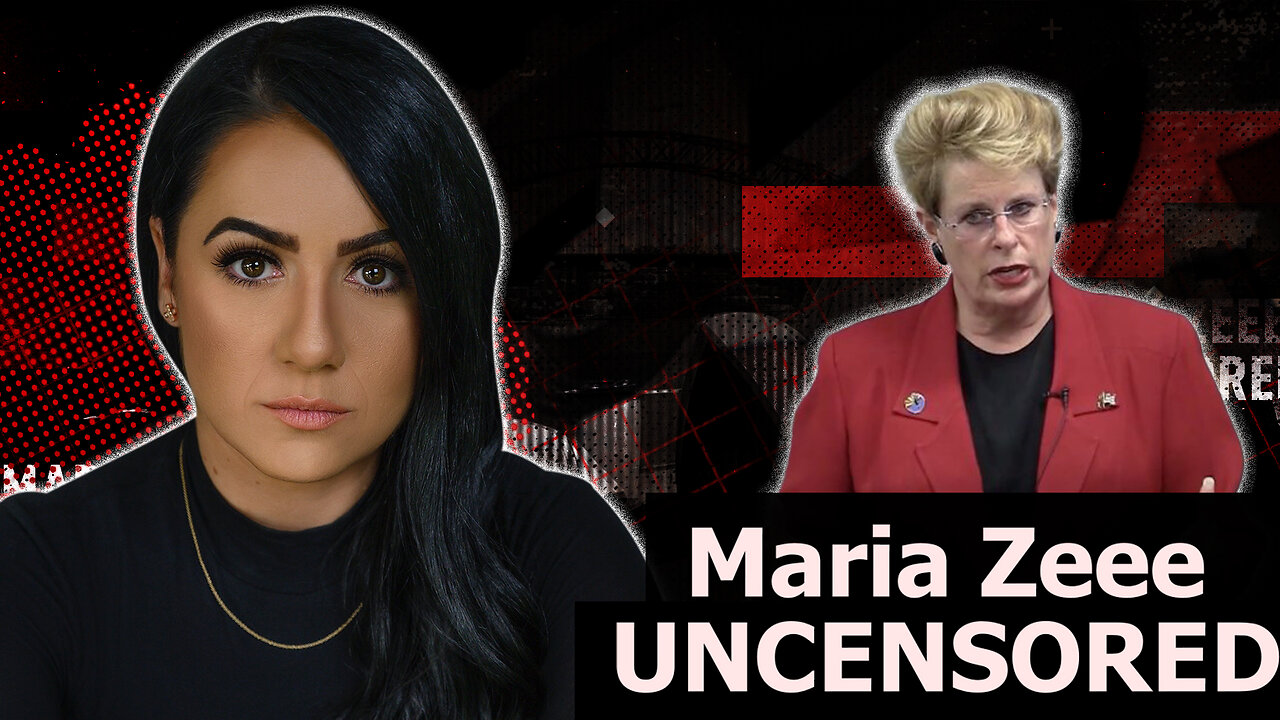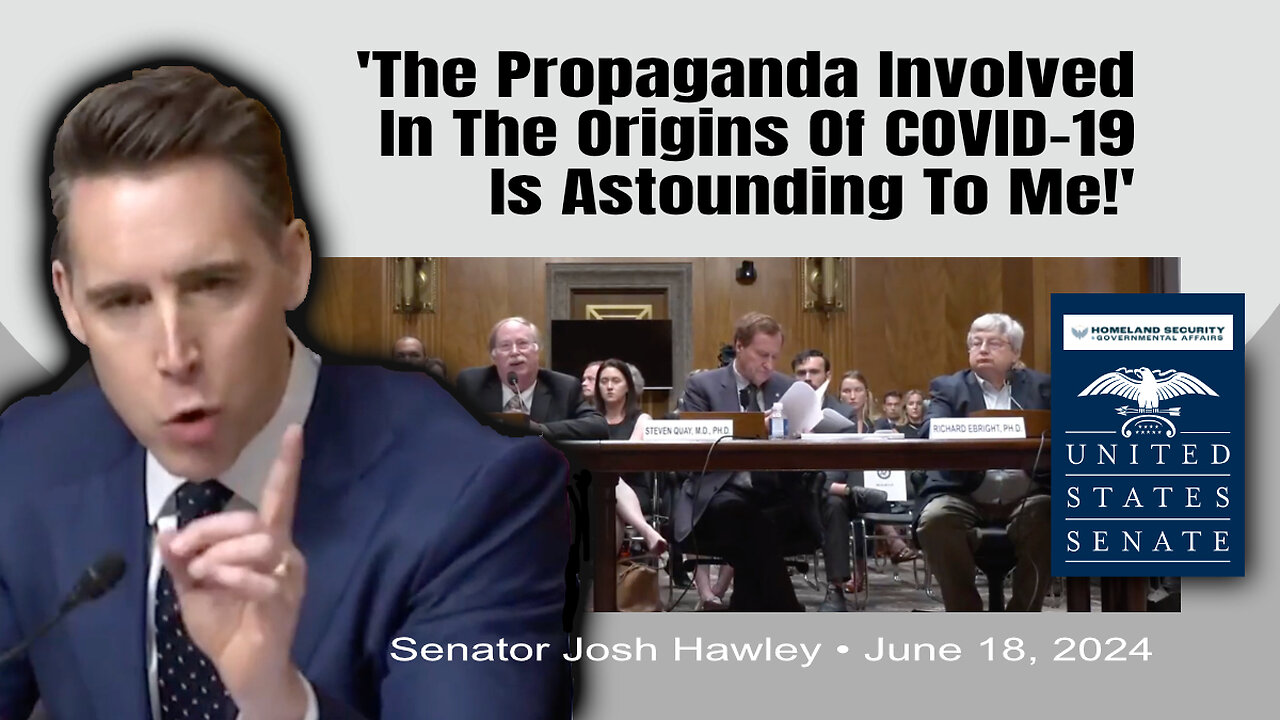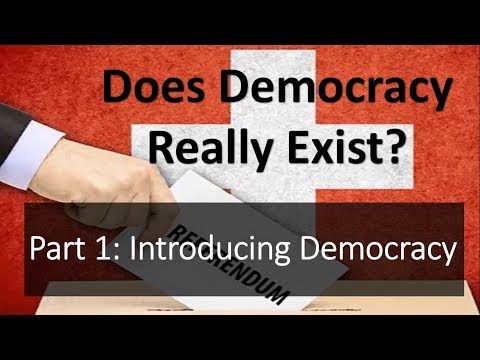Democracy and Economics - Does Democracy Exist? (Part 1)
expand_moreDr. Lee Vliet joins Maria Zeee to discuss the possibility of the globalists releasing Marburg through a combination of 5G, EMF and the contents of the COVID injections inside of people. They discuss the current known 5G connections to various symptoms and how people can prepare.
Prepare for cyber attacks, power outages and more by ensuring you and your family have alternate communication means through a Satellite phone! Visit the link below:
View Hope & Tivon's EMF protection products and more via this link:
https://ftwproject.com/ref/468
Get the best quality Faraday Bags for you and your loved ones at:
https://prep123.com/collections/faraday-bags
If you're in Australia, buy GUARANTEED mRNA-free meat for you and your family:
https://stockmansteaks.com.au/maria
Visit Gold Bullion Australia Group today to protect your wealth with Australia's leading supplier of gold and silver bullion (Australia only):
If you're in Australia, head to Survival Supplies Australia to prepare with long-life food, survival supplies and more:
Excerpted from:
Origins Of Covid-19: An Examination Of Available Evidence (Full, Unedited Hearing - June 18, 2024)
https://rumble.com/v538532-origins-of-covid-19-an-examination-of-available-evidence-full-unedited-hear.html
See also:
Senator Ron Johnson: 'Dr. Garry, How Much Have You Received In Government Grants Over Your Career?'
https://rumble.com/v537xq0-senator-ron-johnson-dr.-garry-how-much-have-you-received-in-government-gran.html
Other Senator Josh Hawley videos on this Rumble channel:
https://rumble.com/search/all?q=sunfellow%20-%20hawley
U.S. Government COVID-19 Hearings, Meetings & Events
https://rumble.com/playlists/dbinmj9fvPU
State COVID-19 Government Hearings, Meetings, Events
https://rumble.com/playlists/RpNuMLKVgfg


